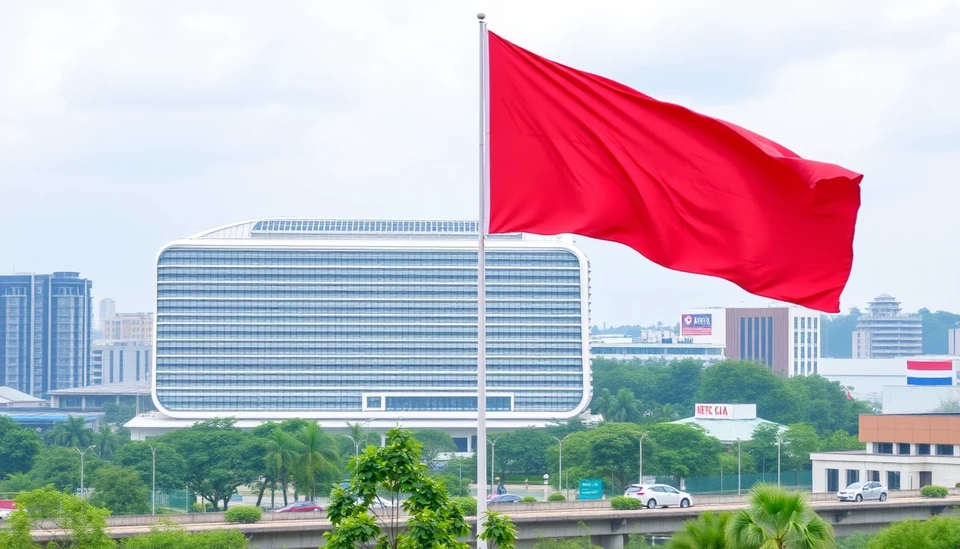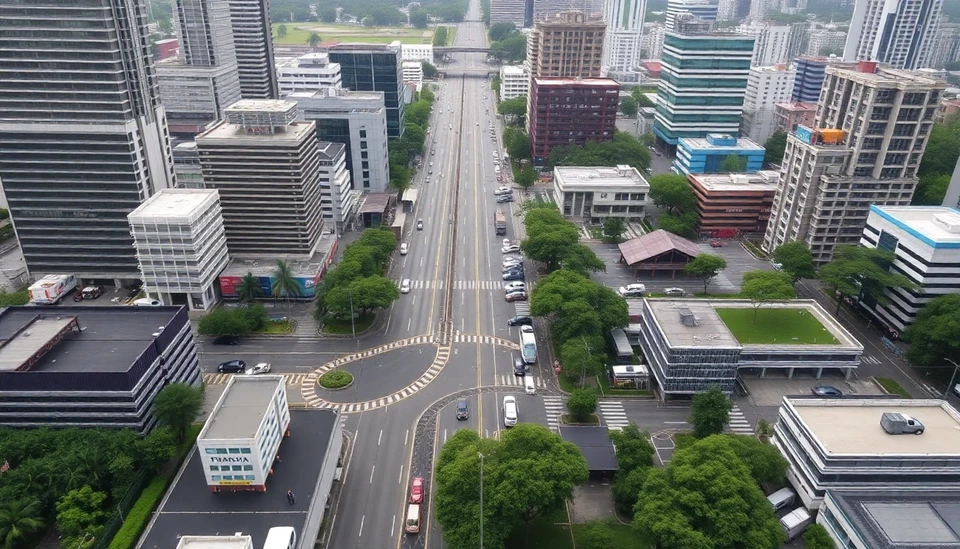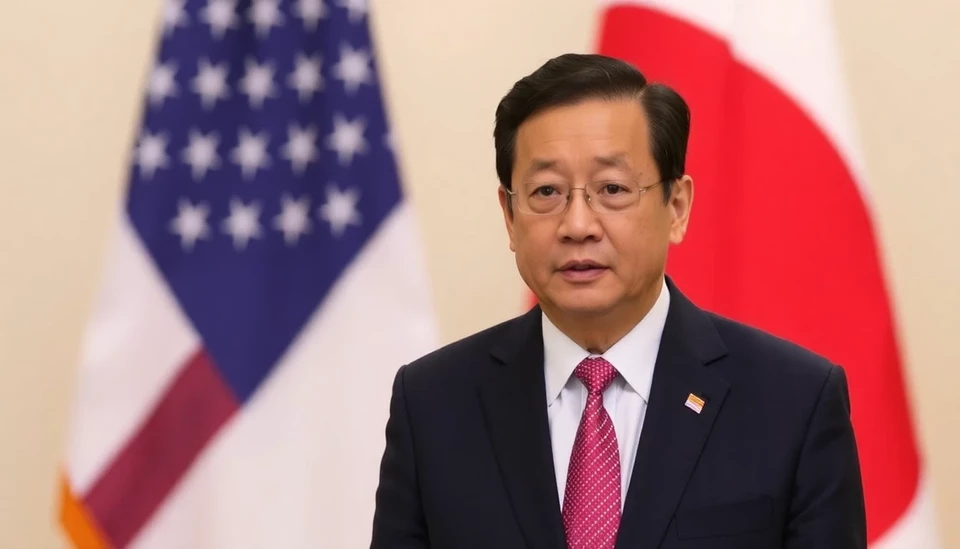
In a significant move toward addressing climate change, Indonesia has opened its carbon market to international investors. This development aims to enhance demand for carbon credits while positioning the nation as a key player in the global sustainability agenda. The initiative is part of the country’s broader efforts to reduce emissions and leverage its vast natural resources for environmental and economic benefits.
With this landmark opening, Indonesia seeks to capitalize on its rich biodiversity and vast rainforests, which are vital in the fight against global warming. By inviting global participants, the government hopes to create a robust trading ecosystem that fosters investment and innovation in green technologies.
The new carbon market will allow businesses and organizations around the world to purchase carbon credits, essentially monetizing the protection and enhancement of Indonesia's ecosystems. Each credit represents one metric ton of carbon dioxide equivalent that has been removed or prevented from entering the atmosphere, aligning with global emission reduction targets.
Local and international companies are expected to take advantage of this market opportunity. Indonesia's rich coal reserves, while historically a driver of the economy, will coexist with this green initiative, providing companies with a dual pathway to navigate environmental goals and energy production. The government aims to establish a balance wherein fossil fuel energy can still be utilized while progressively shifting towards renewable sources.
This move is not just about trade; it's also about driving a sustainable economic transformation in Indonesia. The government's actions reflect a broader commitment to climate neutrality in the coming decades and signify a shift toward a greener economy. Additionally, the opening of the carbon market could lead to a surge in foreign investments, enhancing economic growth and job creation within the country.
Climate advocates have lauded the decision, noting its potential to set a precedent for other nations, particularly those rich in natural resources. By successfully implementing this carbon market, Indonesia could inspire similar frameworks in regions where forest conservation is crucial for mitigating climate impacts.
In anticipation of the market’s potential success, the Indonesian government is keen on implementing rigorous monitoring and verification mechanisms to ensure the integrity of the carbon credits traded. This step is essential to maintaining the market's credibility and attracting long-term investors who are cautious about climate-related investments.
As global awareness of climate issues continues to grow, this initiative positions Indonesia as a leader in carbon trading in Southeast Asia, potentially enabling it to shape the regional market dynamics and encourage neighboring countries to undertake similar measures. The outlook for Indonesia's carbon market seems promising as the country continues to balance economic growth with environmental stewardship.
In conclusion, the establishment of Indonesia's carbon market signals a transformative step in the nation's commitment to sustainable development and climate action. This initiative not only aims to generate revenue from carbon credits but also to showcase a model for integrating economic development with environmental responsibility.
#Indonesia #CarbonMarket #ClimateChange #Sustainability #GreenInvestment #CarbonCredits #EnvironmentalImpact #Biodiversity #RenewableEnergy #GlobalWarming
Author: Peter Collins




